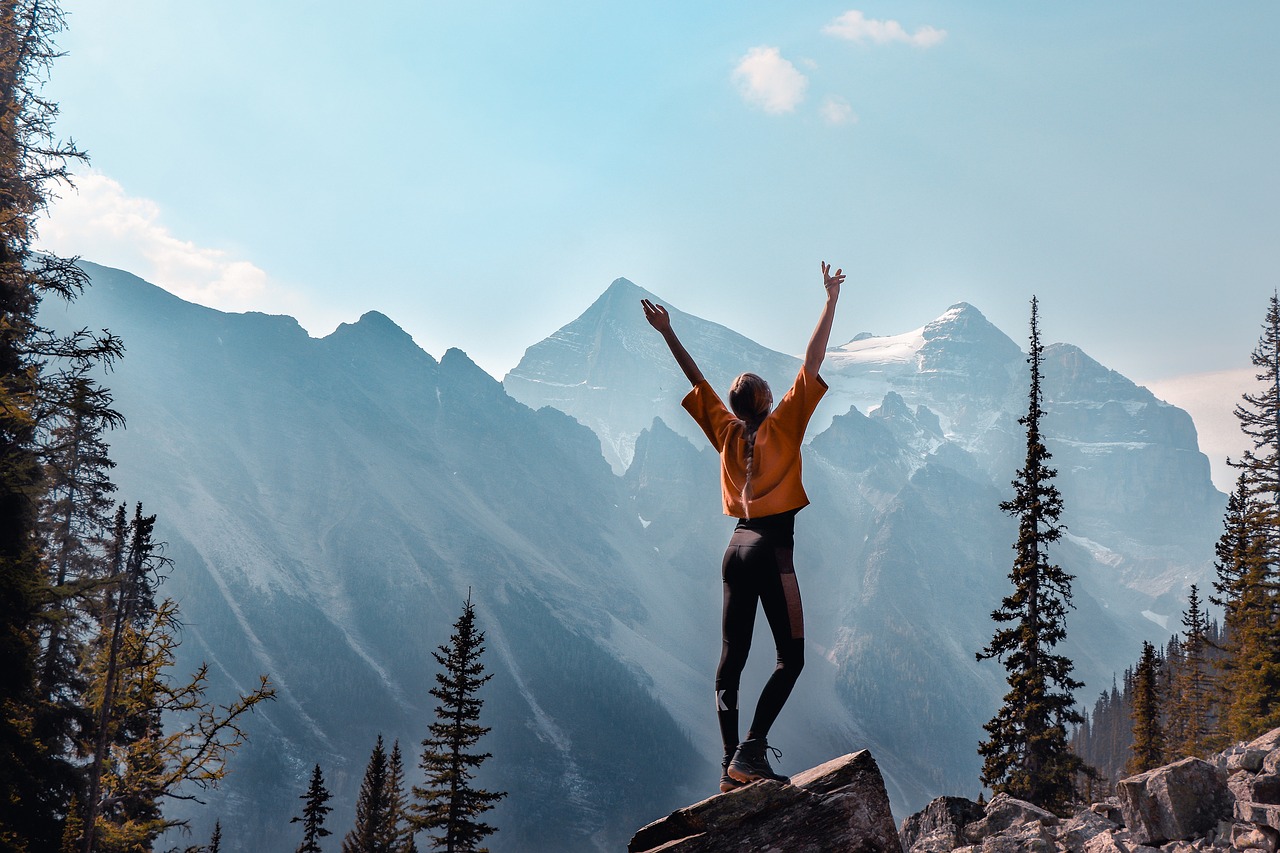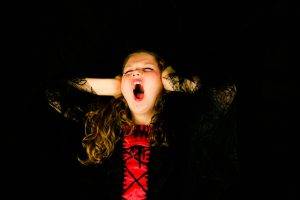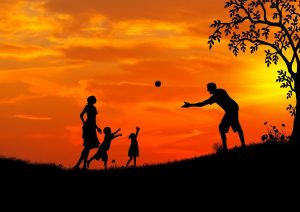Get a hobby! This advice for getting through a rough mental health patch may seem insensitive and outdated.
Indeed, a hobby alone can’t magically induce better mental health and the energy to pursue passions. Hobbies certainly aren’t a magic bullet to slay our mental health dragons, either.
But they can help.
Populations worldwide discovered the magic of hobbies and distractions during the Covid-19 pandemic and set up obstacle courses for squirrels, baked loaves upon loaves of bread, and finally did something with that yarn and knitting needles purchased o so long ago.
And it worked. Despite the new world we were navigating, our hobbies helped to some degree.
For instance, researchers Fullana et al. (2020) investigated behaviors that lessened depression and anxiety symptoms during the Covid-19 pandemic.
They surveyed over 5,000 Spanish adults, 65 percent of which experienced symptoms of anxiety and depression, two weeks after their country went on lockdown to find out what they were doing to meet the challenges of those unprecedented times. Of the behaviors that lowered the intensity of symptoms, hobbies emerged behind adherence to schedules, exposure to nature, and a healthy balanced diet.
Part of the magic of hobbies is that they require us to socialize, think, and do things, according to Bone al. (2022). In their study of older adults experiencing depression, they also found that cultural engagement was associated with less depression. Also, cooking something special could lead to lower rates of depression (Bone et al., 2022). These benefits are not limited to older populations. Any age group can benefit from a hobby.
Engaging in a hobby to change perspective is nothing new, either. The convergence of hobbies and better mental health has long been noted. For instance, in his 1934 article titled “Hobbies – A Recipe for Health,” Dr. Harvey Agnew discusses the importance of hobbies and how they can allow someone to get more out of life and approach a “bread and butter” job with a “fresher and more vigourous (sic) mind.”
There are as many hobbies as there are interests.
Common hobbies for singles are traditionally solo activities such as photography, reading, listening to music or podcasts, or journaling.
Hiking is another everyday activity that can be done alone or by joining a hiking group. The benefits of nature can lead to increased fitness and a closer connection to nature – something that researchers suggest we needed before modern civilization, access to water and open spaces (Ewert & Chang, 2018). Unlike a gym membership, hiking is, for the most part, free.
Solo hobbies include visiting museums or historical sites, painting, singing, or playing instruments. The last couple of activities may be better done, at least initially!
Hobbies are a great way to gain better mental health. The therapists at Breathe Easy Therapy Services can also offer various tools to maintain and increase mental health. For more information, visit us here.
References
Agnew, H. (1934). Hobbies—A Recipe for Health. Canadian Journal of Occupational Therapy. https://doi.org/10.1177/000841743400100305
Bone, J. K., Bu, F., Fluharty, M. E., Paul, E., Sonke, J. K., & Fancourt, D. (2022). Engagement in leisure activities and depression in older adults in the United States: Longitudinal evidence from the Health and Retirement Study. Social Science & Medicine, 294, 114703. https://doi.org/10.1016/j.socscimed.2022.114703
Ewert, A., and Chang, Y. (2018). Levels of Nature and Stress Response. Behavioral Sciences, 8(5), 49. MDPI AG. Retrieved from http://dx.doi.org/10.3390/bs8050049
Fullana, M. A., Hidalgo-Mazzei, D., Vieta, E., & Radua, J. (2020). Coping behaviors associated with decreased anxiety and depressive symptoms during the COVID-19 pandemic and lockdown. Journal of Affective Disorders, 275, 80-81. https://doi.org/10.1016/j.jad.2020.06.027





